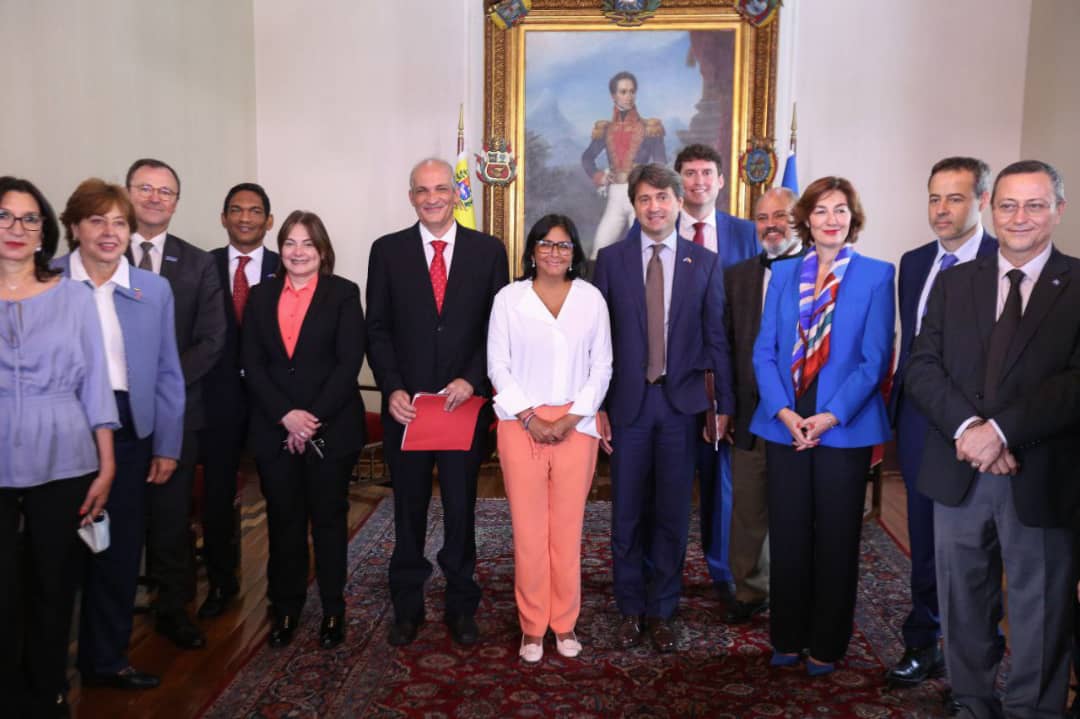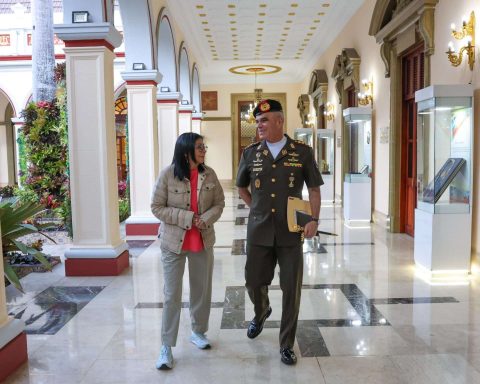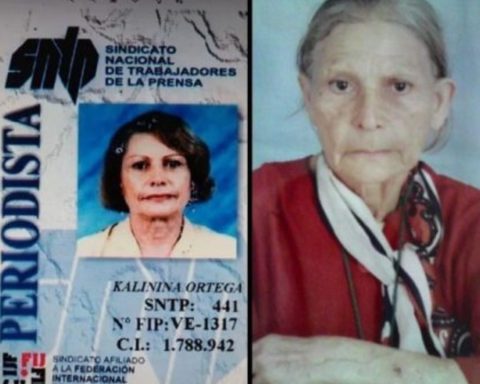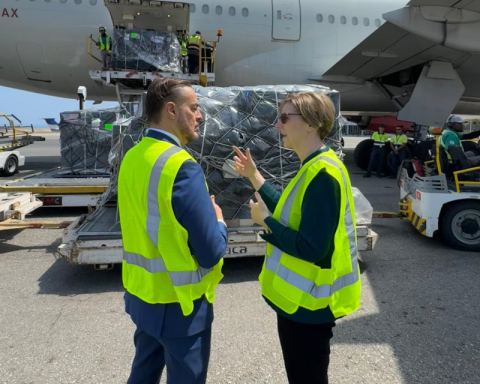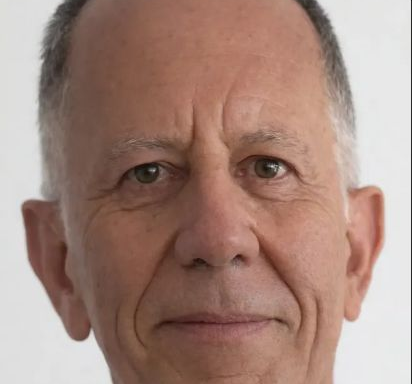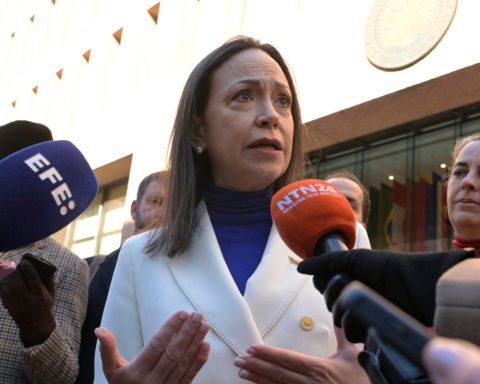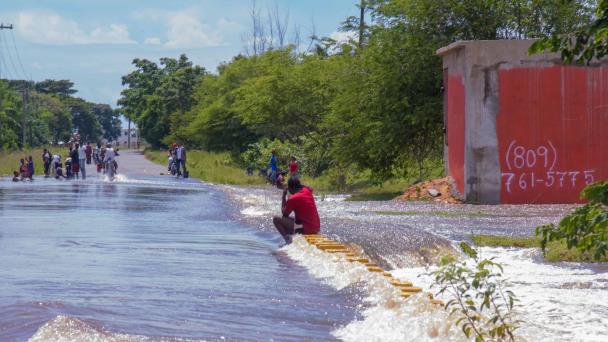This Friday, a cooperation agreement was signed between the national government and the United Nations for sustainable development with Venezuela.
From the Yellow House in Caracas, the Executive Vice President, Delcy Rodríguez, celebrated the signing of the agreement, and assured that it will mark the cooperation compass for the next three years between the United Nations and Venezuela.
“We live in decisive moments for the world and this plan is on the right path for the most important sectors, such as health, education, social movements and is framed in a human right in the development of peoples,” he added.
He stressed that Venezuela is a champion in resilience, “we endure more than 700 coercive measures and an economic war designed from the center of power and that has left international law and the violation of the rights of peoples in the way,” he said.
He assured that this plan contains very constructive sectors of the countries, and is strengthened by the will of a people to resist any type of external aggression.
“We face a challenge together and we must meet them. The plan also addresses climate change as we are on the brink of climate catastrophe if we don’t reasonably address it,” he said.
Jean Luca Rampola del Tindaro, resident and humanitarian coordinator of the system in Venezuela, was present for the United Nations.
The United Nations representative highlighted the importance of this agreement, assuring that it constitutes a new phase, a new spirit and a new scope in this mutual cooperation that aims to benefit all Venezuelans.
He further emphasized that this agreement focuses on the right to life, in line with the Sustainable Development Goals and national development plans. And he added that the signing of this agreement opens up enormous spaces to achieve sustainable results for the benefit of all.
For his part, the Sectoral Vice President and Minister of People’s Power for Planning, Ricardo Menéndez, also present at the event, stressed that this signature, “supposes adapting and putting ourselves in alliances, the development agenda is the development agenda and the emphasis is based on the concept of development.
Menéndez stressed that with the signing of this agreement, Venezuela is closing a historical cycle, one “where they tried to attack our country by imposing matrices against the sovereignty of the Republic.”
Regarding this Cooperation Framework, Menéndez specified that it is based on three strategic lines, where work agendas will be circumscribed with the different agencies belonging to the United Nations System.
The first of these is the strengthening of resilience, the development of the population with a gender perspective; addressing issues such as health, education; all aspects related to social protection, refers according to a press release from the Ministry of Planning.
The second is to promote the sustainable, resilient and innovative productive development of Venezuela, which is aligned with environmental management and action against climate change “the link between production and climate change is a challenge that has to be grasped by the hand,” he stated.
The third is to move forward towards compliance with the 2030 agenda, “promoting social, sustainable and human cohesion, where we are strengthening the right to the city, the modernization of the State and the National Statistical and Geographic System”.
Likewise, the Minister of Planning also pointed out that through this mutual respect between the UN and Venezuela, an agenda linked to development is generated “respecting the different positions and the integrity of the United Nations System; but, above all, respecting the sovereignty, the institutions and the Constitution of the Bolivarian Republic of Venezuela”.
He added that the plan will be developed between 2023 and 2026 and highlighted the acceleration of progress in sustainable development.
